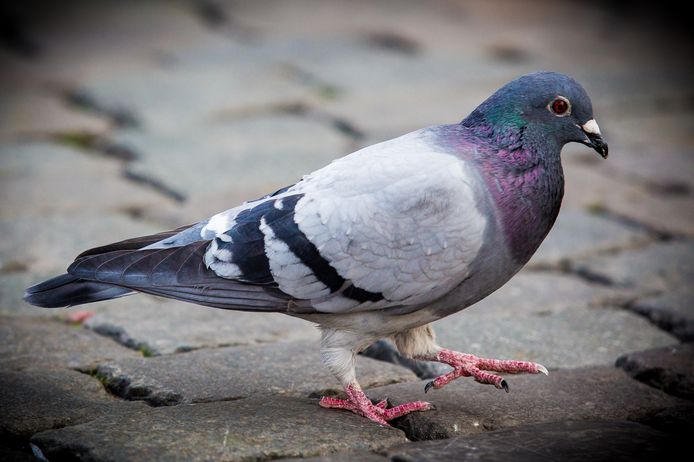The pigeon population in the Brussels district of Laeken dropped by 30% in one year as a result of a pilot experiment conducted by the City of Brussels to tackle the problem.
At the end of 2019, when the region first decided to tackle the problem, local authorities decided to spread contraceptive seeds on Place Clémentine in Laeken, and as a result, the population dropped by 30% from 180 pigeons in February 2019 to 130 pigeons one year later.
"The results of this first test in the Brussels Region are very encouraging. They show that it is possible to limit the pigeon population, taking into account animal welfare. They also don't harm other birds who do play an essential role in biodiversity, unlike pigeons, which are a real pest," Brussels alderman for cleanliness Zoubida Jellab told The Brussels Times.
In 2019, giving pigeons contraceptive feed was one of the suggestions made in a petition to control the population in Ixelles which hundreds of people signed.
Related News
- Belgium must lift 'all Covid-19 measures' within 30 days, Brussels court rules
- Construction begins on tunnel at Brussels Nord Station
Following the success of this initial experiment, the initiative could be put in place at other locations in Brussels, such as Place Anneessens and Place Bockstael.
A similar plan was launched in Leuven almost two years ago and it has reduced the population of the birds by more than 50% in some areas by using a specially-developed avian contraceptive pill.
The initiative was suggested as an alternative to poisoning or killing them after the pigeon population had grown to intolerable numbers.
Lauren Walker
The Brussels Times

